Here’s a tip: whenever you read the terms ‘reset’, ‘build back better’ or ‘green new deal’, be afraid, very afraid. They are after your income, your wealth, your property, your basic freedoms.
And if a billionaire – or should that be a gazillionaire? – is doling out the advice, add several percentage points to the fear factor.
For those who think that this is some sort of secret imagined conspiracy, they haven’t been paying attention. It’s all there in black and white, in the spoken word.
Just do the search and you will hear Bill Gates, speaking from his ginormous mansion, that achieving zero emissions by 2050 is so important ‘even if it involves redesigning everything.’ He’s a big fan of plant-based meat although he wants to give the developing world a free pass. He admits he loves his private jets, but it’s OK because he purchases credible offsets – sure – and he is investing in less emissions-intensive aviation fuel.
You only need go to the website of the World Economic Forum to learn all about the Great Reset, a term with many parents but definitely including the Cornwall-owning, ultra-rich Prince Charles.
You will quickly learn that ‘drawing from the vision and vast expertise of the leaders engaged across the Forum’s communities, the Great Reset initiative has a set of dimensions to build a new social contract that honours the dignity of every human being’.
Now that does sound scary, given that around 99.99999 per cent of the world’s population were not consulted about honouring the dignity of every human being. And where do elected governments fit into the picture, you ask? The short answer is they don’t, unless they get with the Great Reset program.
You will also learn – assuming you can make head or tail of the Reset gobbledygook – that we need to create a ‘stakeholder economy’, as well as building ‘a more resilient, equitable and sustainable way’ and ‘harness the innovations of the Fourth Industrial Revolution for public good’. (The Fourth Industrial Revolution is explained, sort of, on the WEF website.) As the tedious head of the International Monetary Fund put it: ‘green growth, smarter and fairer growth’, terms to be defined and measured by über-rich insiders.
Fortunately for us, Covid-19 forced the cancellation this January of the annual summit for gazillionaires in the Swiss Alps – the WEF forum at Davos. The decision to cancel the event doubtless had a meaningful impact on global carbon emissions, with all those private jets staying put rather than flying half way around the world so concerned leaders could make speeches written by someone else.
You know the sort of thing: massively wealthy plutocrat tells the enthralled audience that inequality is one of the greatest challenges facing the world – well, apart from climate change.
The carefully selected journalists lap it up – who said journalism was about analysing and interrogating (so yesterday)? – and then head for the table laden with top-of-the-line hors d’oeuvres, glass of vintage wine in hand. The cadre of obsequious hacks knows what side of the bread the butter’s on.
Sadly for us, the WEF did organise a series of virtual speeches, including from that other tedious leader, Antonio Guterres, Secretary-General of the United Nations. Needless to say, he’s fully on board the good ship Reset.
He told the few people who bothered to listen that ‘we need you more than ever to help us change course, end fragility, avert climate catastrophe and build the equitable and sustainable future we want and need’. There you have it: we all need to help as long as we go along with this left-green bilge.
Bizarrely, he then lectures ‘every country, city, financial institution and company’ to adopt credible plans backed by intermediate goals for transitioning to net zero emissions by 2050 and to take decisive action now to put themselves on the right path’. But are the Chinese listening?
Luckily for us, President Xi of China also got a gig at the virtual Davos delivering a speech with the modest title, ‘Let the Torch of Multilateralism Light Up Humanity’s Way Forward’, whatever that means.
No doubt he didn’t mean to be humourous, but actually the speech has real comedic value. ‘The right approach is to uphold the common values of humanity, i.e. peace, development, equity, justice, democracy, and freedom, rise above ideological prejudice [and] make the mechanisms, principles and policies of our cooperation as open and inclusive as possible’.
Xi talked about the need to ‘build an open world economy, uphold the multilateral trading regime… and take down barriers to trade, investment, and technological exchanges’.
That’s code for China wanting to have it both ways: the West plays by the rules and China takes advantage of the West playing by the rules in any way it wants. He emphasised that China is still a developing country and must be treated as such.
Let’s face it, Xi and the Chinese leadership have played the Davos set like a violin. It goes along with all the green-left guff while all the time seeking to increase the country’s geo-political and economic dominance. But given the commercial importance of China to many of the sponsoring gazillionaires, the country has got away with it.
Just to underscore that there is no patent applying to the term ‘reset’, Professor Ross Garnaut’s recently released bossy epistle goes by the title, Reset: Restoring Australia after the Pandemic Recession.
Obviously, he’s never bothered to read Nobel prize winner Freidrich Hayek who famously stated that ‘the curious task of economics is to demonstrate… how little they know about what they imagine they can design’.
But according to Garnaut, it’s all about strong and bold political leadership implementing clever ideas like his. He favourably quotes Winston Churchill, Franklin Roosevelt and Malcolm Turnbull while denouncing Donald Trump, Jair Bolsonaro and Boris Johnson (‘for a while’). In Garnaut’s world, ‘one big geopolitical consequence of the pandemic may be the discrediting of populism’ (again, whatever that means).
To get to this ideal world, Australia needs a carbon tax to become a world energy superpower, a universal basic income, cashflow-based company tax and ongoing fiscal spending and monetary expansion until full employment is reached, which may be never.
Well, I guess that will take us to Thursday next week. What’s next?
Got something to add? Join the discussion and comment below.
Get 10 issues for just $10
Subscribe to The Spectator Australia today for the next 10 magazine issues, plus full online access, for just $10.
You might disagree with half of it, but you’ll enjoy reading all of it. Try your first month for free, then just $2 a week for the remainder of your first year.

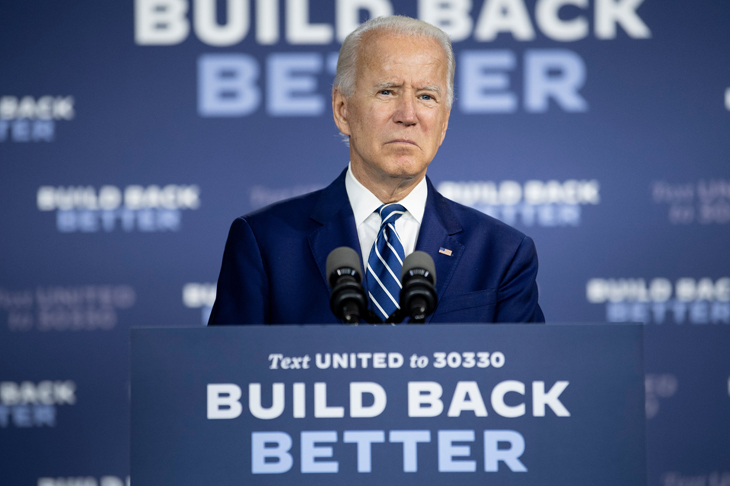
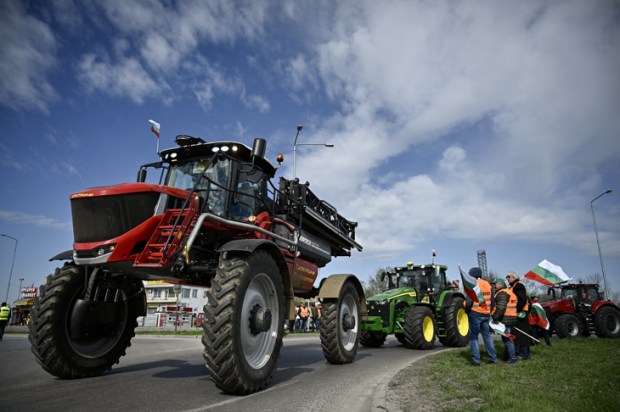
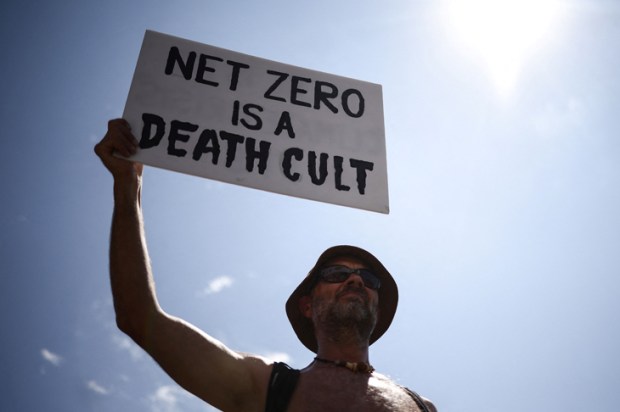
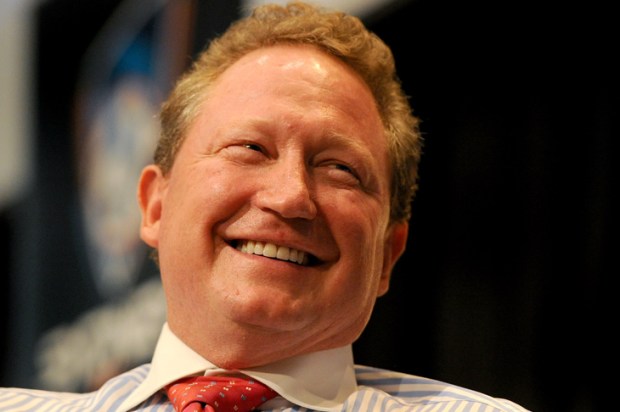
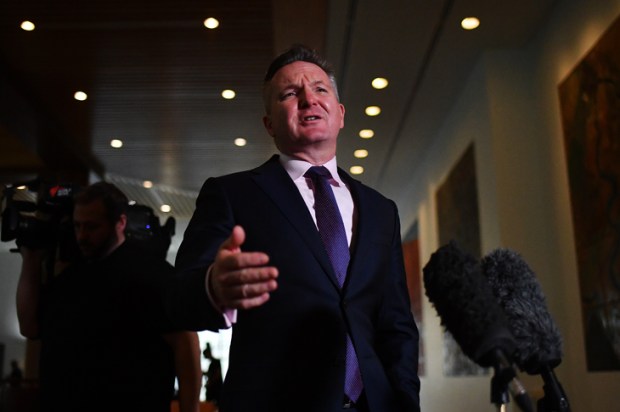
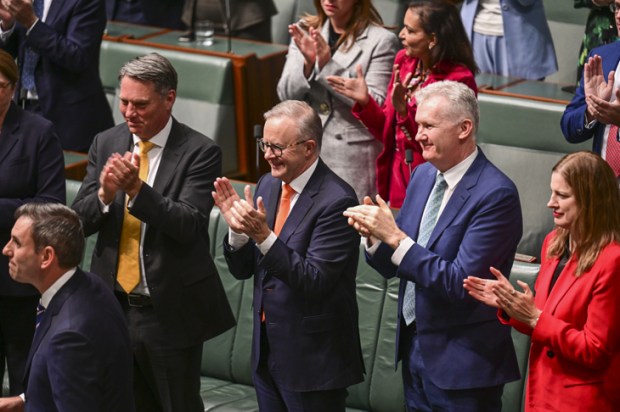
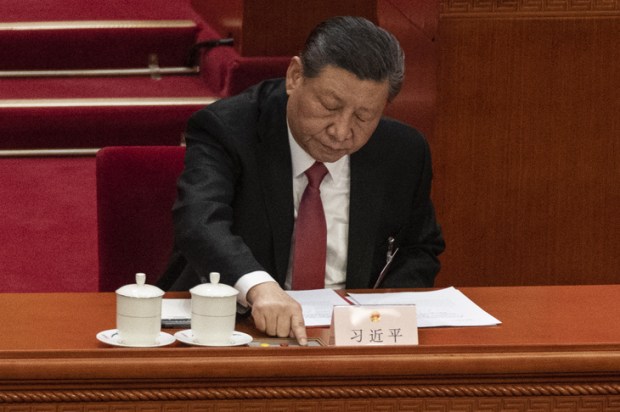






Comments
Don't miss out
Join the conversation with other Spectator Australia readers. Subscribe to leave a comment.
SUBSCRIBEAlready a subscriber? Log in